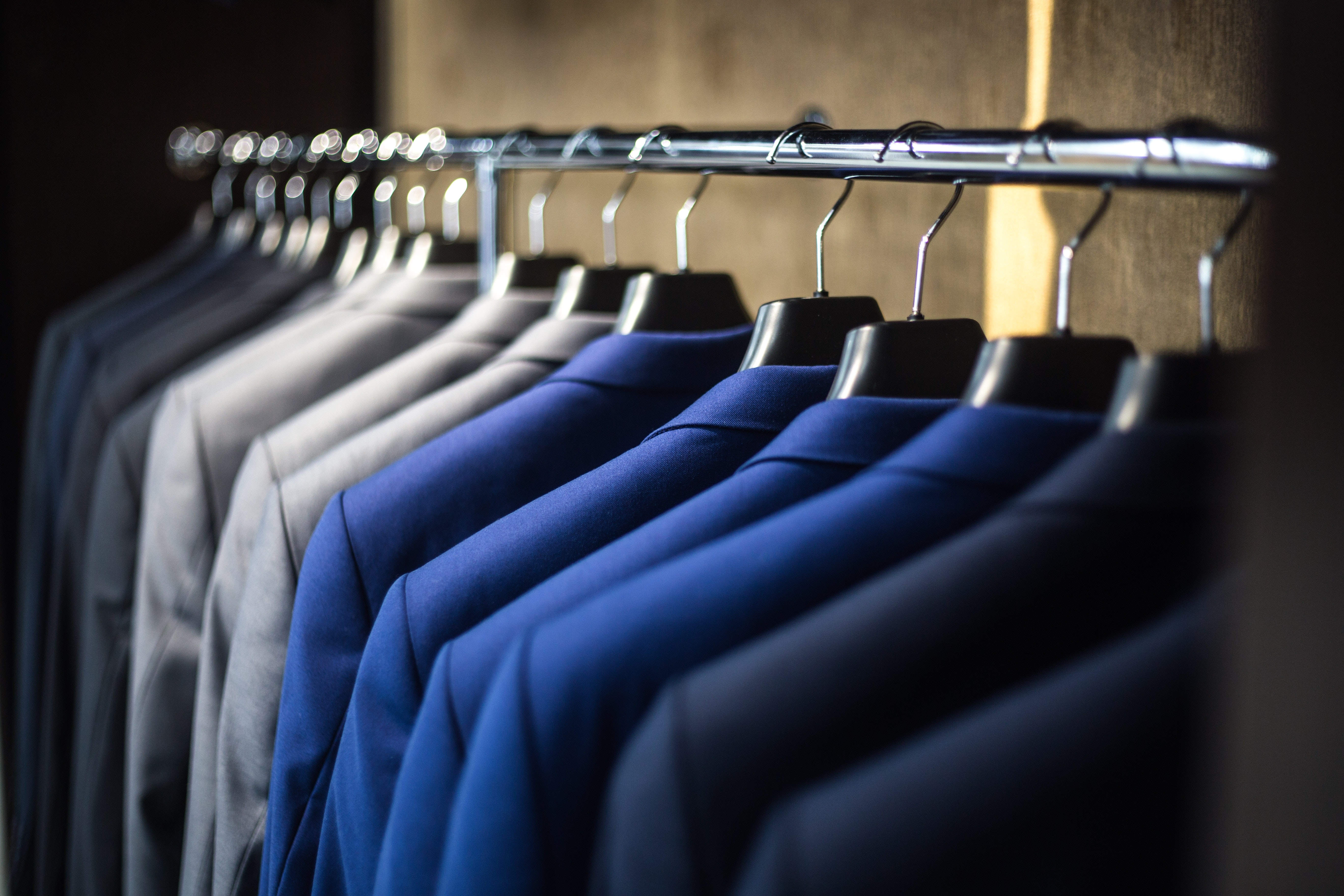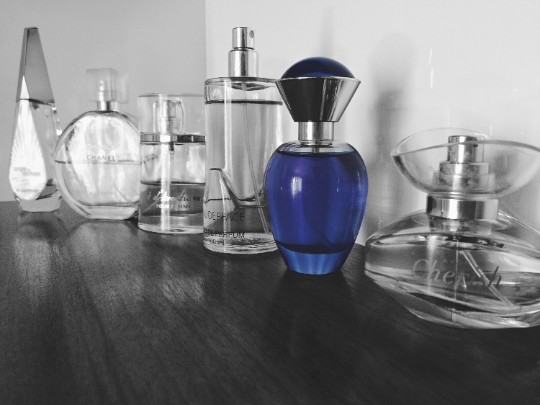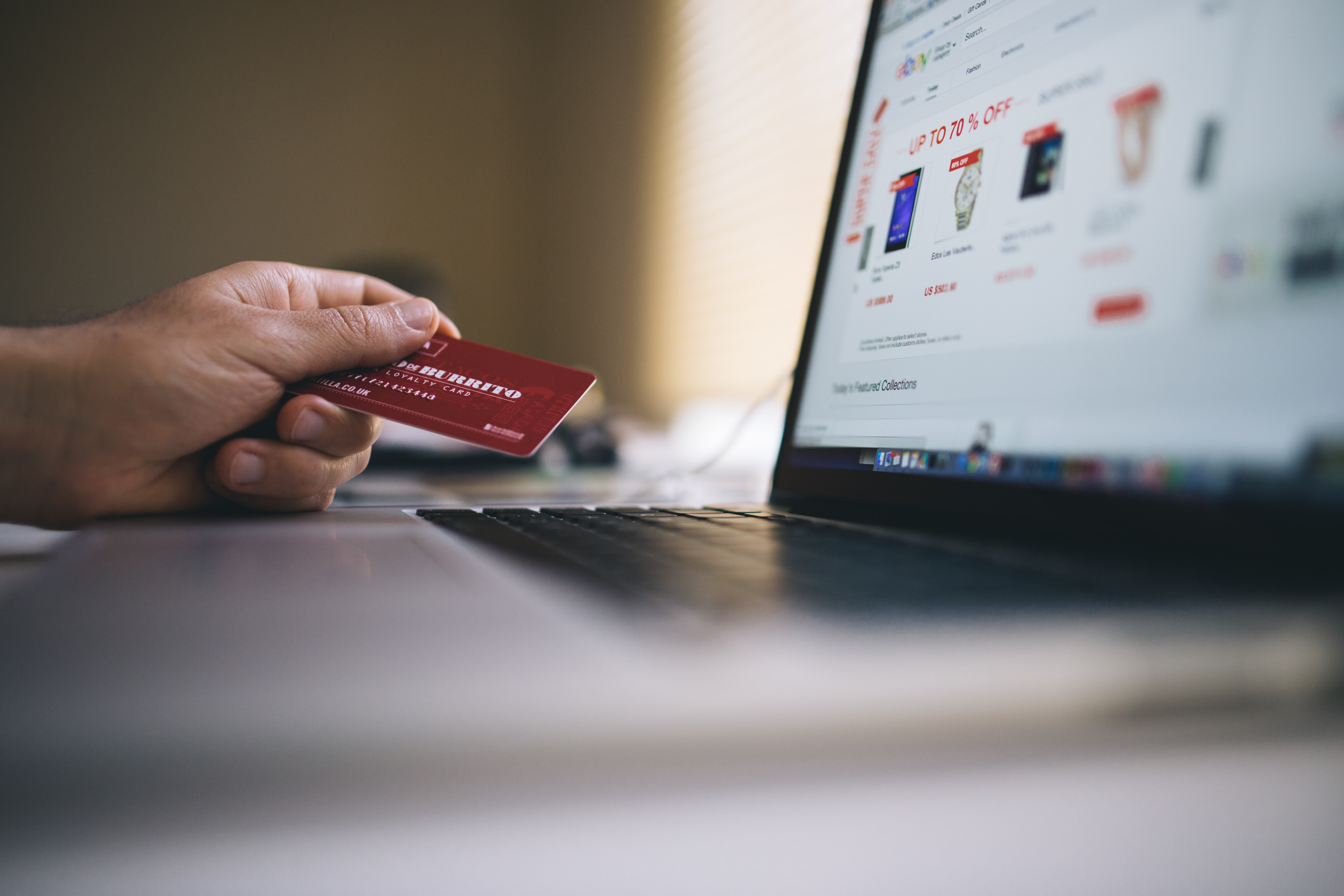Do you shop when you are feeling sad, depressed or upset? Do you often feel guilty after shopping? Do you get into fights or arguments with your family/loved ones because of your shopping spree? Not able to resist the temptation of ‘SALE’ board?
If you answered a YES to most of the above, then there are chances that you are border-lining the definitions of an ‘Oniomaniac’.
So here are some shopping habits to avoid if you want to quit being a called a shopaholic or oniomaniac:
1. Too many unopened or tagged items in your closet
Many a times, when we shop a little too much, we might not realize that we have a few unopened shopping bags or brand new clothes that we have not even removed the tag of. To avoid this, make sure you have a well sorted and organized wardrobe. This will help you identify the amount of clothing or outfits that you have been buying but never used. Moreover, when you have an organized wardrobe, you will know what kind of outfits you have or don’t and this in turn can help you make informed decisions when shopping rather than impulsive shopping.
2. Purchase things you don’t need or didn’t plan to buy
Apart from organizing or opting for a smart/capsule wardrobe, you also need to learn to exercise a high level of self-discipline. Often, women more than men, are prone to go through a phase of ‘over-shopping’, and that mostly happens on an impulse. It could be a reduction sale or you just happened to be tagging along with your shopper friend (who also has this shopping disorder) and end up buying something totally useless and feel guilty later on about it. Planning your finances for a month can help you to a great extent, thereby you would know if you have a budget for something or not, and this will reduce your urge to make any unplanned purchases.

3. You want the image of a being big fashion lover/spender and lover of flashy items
With our lives being put under constant scrutiny on social media platforms like Instagram and Facebook, its only normal that you would want to recreate (buy) the looks of your friends/influencers and/or create the image of a being a fashion lover. These herd mentalities can lead to big splurges and shopping that can eventually turn out to be an expensive affair and make you end up with unnecessary stuff, most often.

Love the bling but too expensive to afford? Check out Affordable Rose Gold Watches for Women that Look Super Expensive
4. Being a bulimic shopper
Most of us have bulimic shopping tendencies, especially when shopping online, adding things to the cart and then removing them. But what happens when you actually go to the extent of purchasing them, bring them home and then returning it back to the store. Mostly triggered by the pressure of our status obsessed culture and society, this addictive and impulsive behavior may give you an exhilarating feel, but is damaging in the long run.

5. Trying to be a collector
Many might be proud to call themselves collectors of clothes, make up or fashion accessories, aiming to own one of every set. But what they often forget is, most of the times, these could be items that we do not really use and hence, the money we spent on buying it is wasted, with it giving you just the initial happiness when buying it. Hence, make wise shopping choices.

Here is an example. A lot of people tend to buy so many perfumes just for the sake of building a personal collection. But the wisest of them read out this perfume buying guide and buy because at the end of the day they save money and smell good too!
6. Shopping as a reaction to feeling angry or depressed
Yet another sign of being a shopaholic is, going on a shopping spree when you are emotionally disturbed, depressed or upset. Compulsive shoppers have a tendency to go into a shopping mode when they are feeling emotionally distressed. Though short term effects of shopping might be positive, with them feeling happy after returning from a shopping trip, in the long run, it can turn out to be an intense issue, ending with financial troubles.

So, how to tackle compulsive buying disorder?
The best strategy to tackle compulsive buying disorder is to first realize the above habits and avoid them as much as possible. While shopping prefer cash instead of cards which will effectively help in excess spending. Also, remember spending for clothes initially give you happiness, but it is usually temporary.
Always, read online fashion blogs and follow them which will eventually give you quality clothes that brings out the best look in you, without spending too much.


